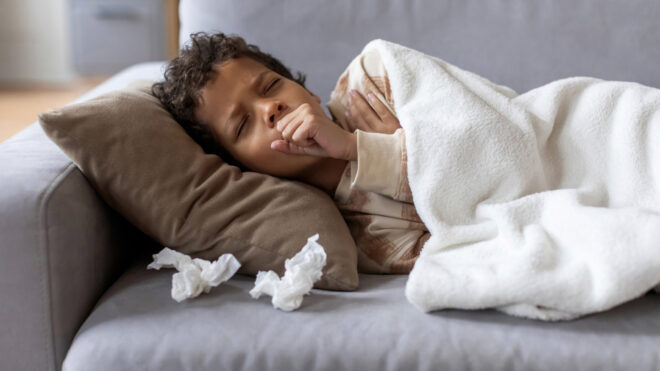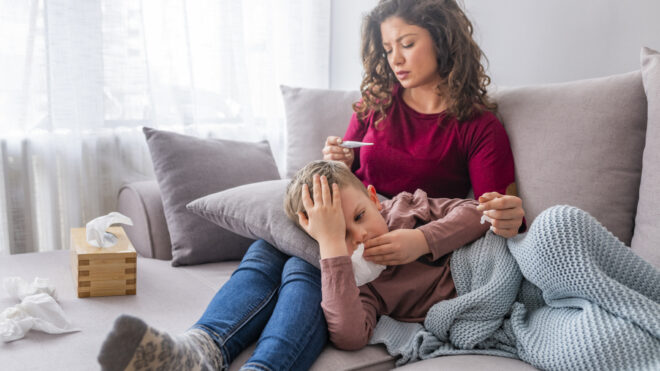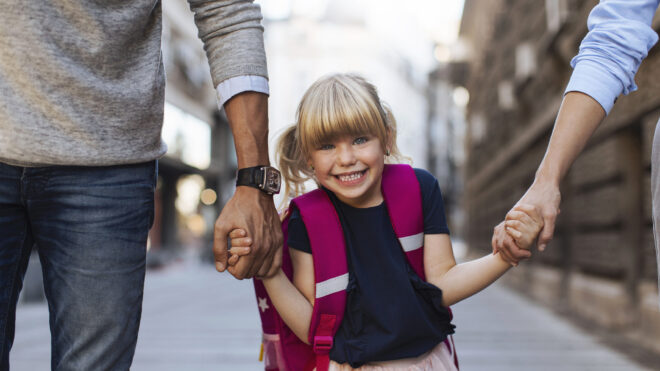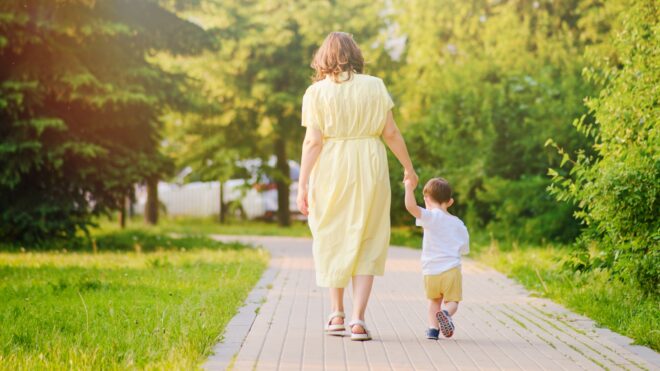
After a summer of fun and play, it's time for kids to head back to school. We can set them up for their best year yet with these tips from an elementary school teacher. First grade teacher Abby Kothe tells CafeMom how parents can best promote a successful school year for both their kids and the teachers by fostering respect, helpfulness, mindfulness, and more.
The transition to sitting in a classroom all day can be tough for our little ones, but it can be made a little easier if we follow this advice.
More from CafeMom: 15 Back-to-School Tips for Parents With Foster Kids or Adopted Children
Make it fun.
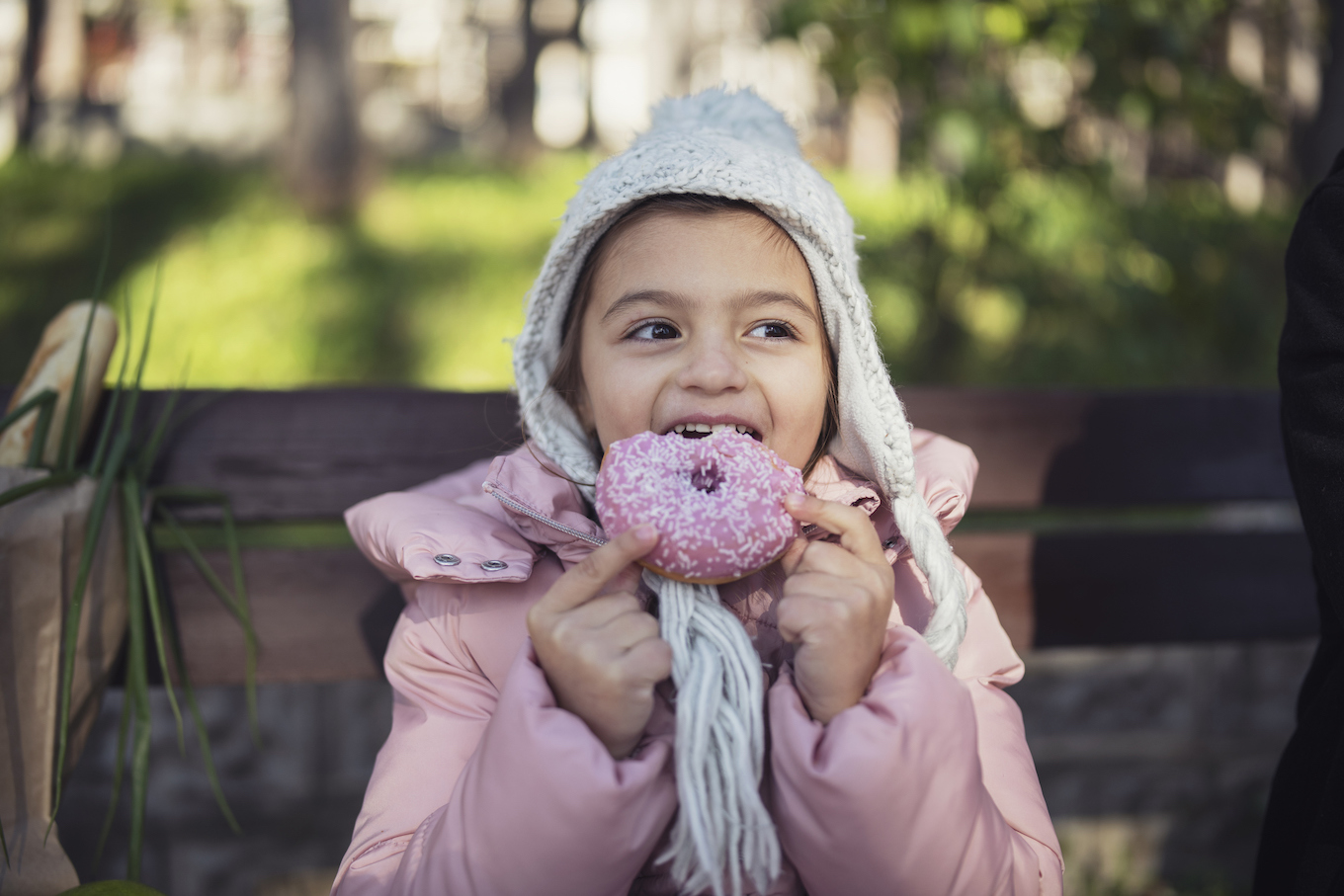
For kids who are apprehensive about returning to school, Kothe recommends just trying to make it fun. She references a TikTok video from mom and teacher @growhomewithme. She practices getting up early and ready for school but takes the child to get doughnuts and play in the park instead. It's a fun way to ease back into that early morning routine.
Be the strictest at the start.
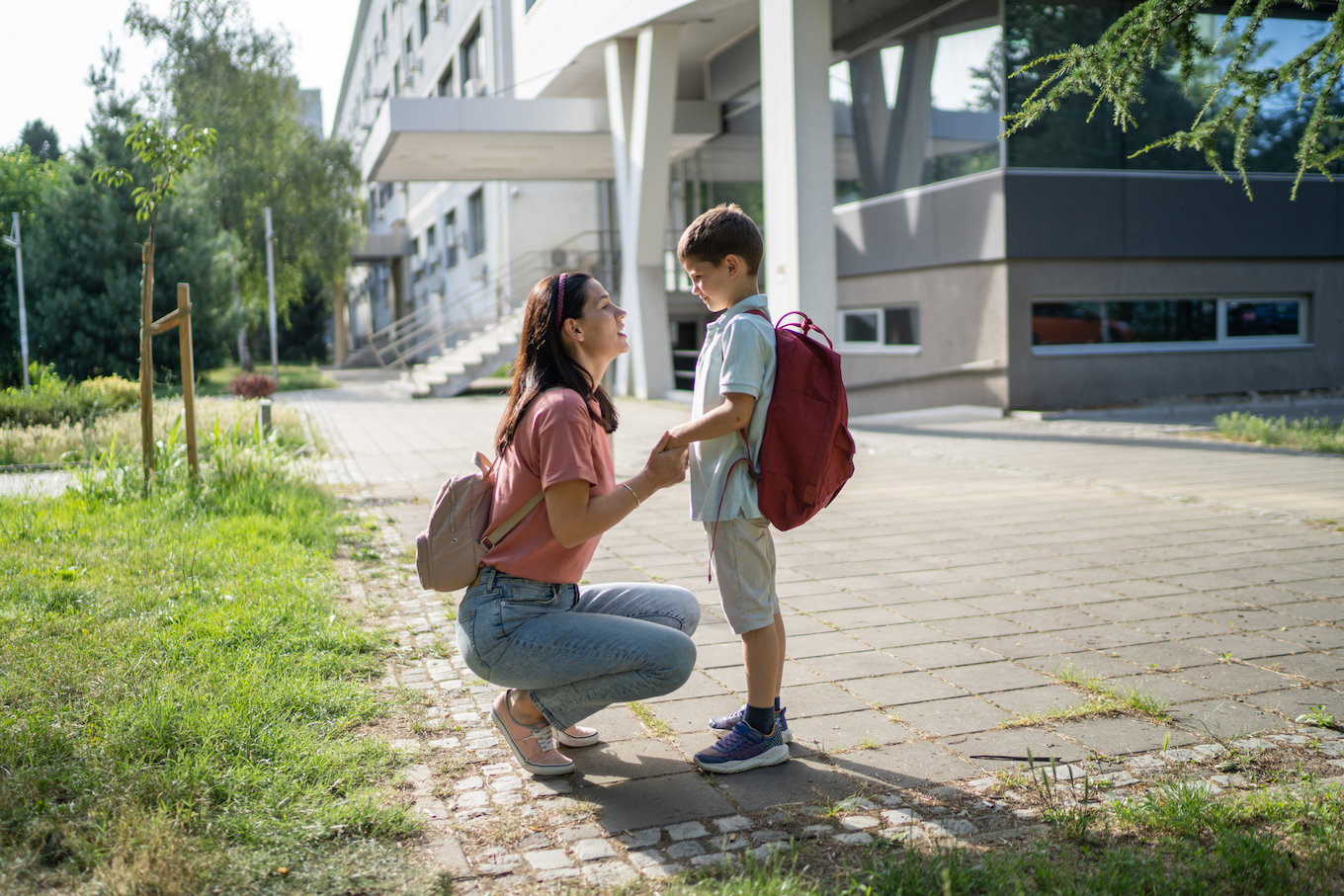
Kothe says, "The way that you start your year will greatly affect how the rest of your year goes." For her, that looks like setting expectations at the start and following through with any needed consequences. "If you don't lay those [expectations], then all of a sudden you're gonna get into November, December and you're like, 'This is chaotic. And I have no way to like wrangle them back in.'"
The same could go for parents at home. Be strict about routines, homework, bedtimes, etc., so kids know how things will progress throughout the school year.
Build routines back slowly.
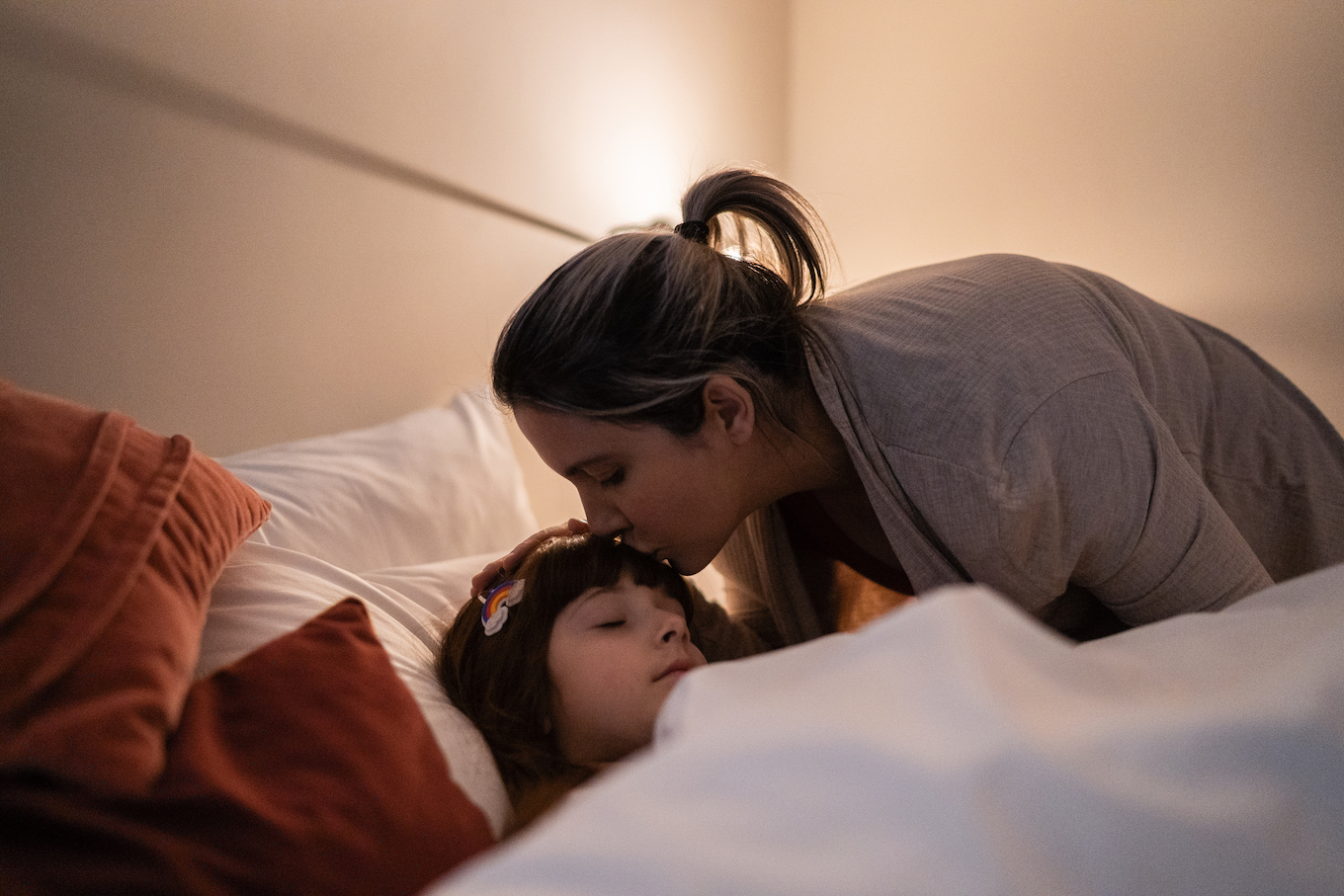
At the same time, Kothe knows that building back routines doesn't happen overnight. At the start of school, she tries adding things back in slowly — such as one minute of silent reading at a time instead of 15. Eventually, students get back into the swing of things.
Parents can do this even before school starts by reintroducing bedtime routines that may have gotten lax during the summer. Maybe each night the week before school, the kids can get into bed a few minutes earlier until they're back on schedule.
More from CafeMom: 16 Best Toddler Sleep Tips From a Professional
Don't get upset about communal school supplies.
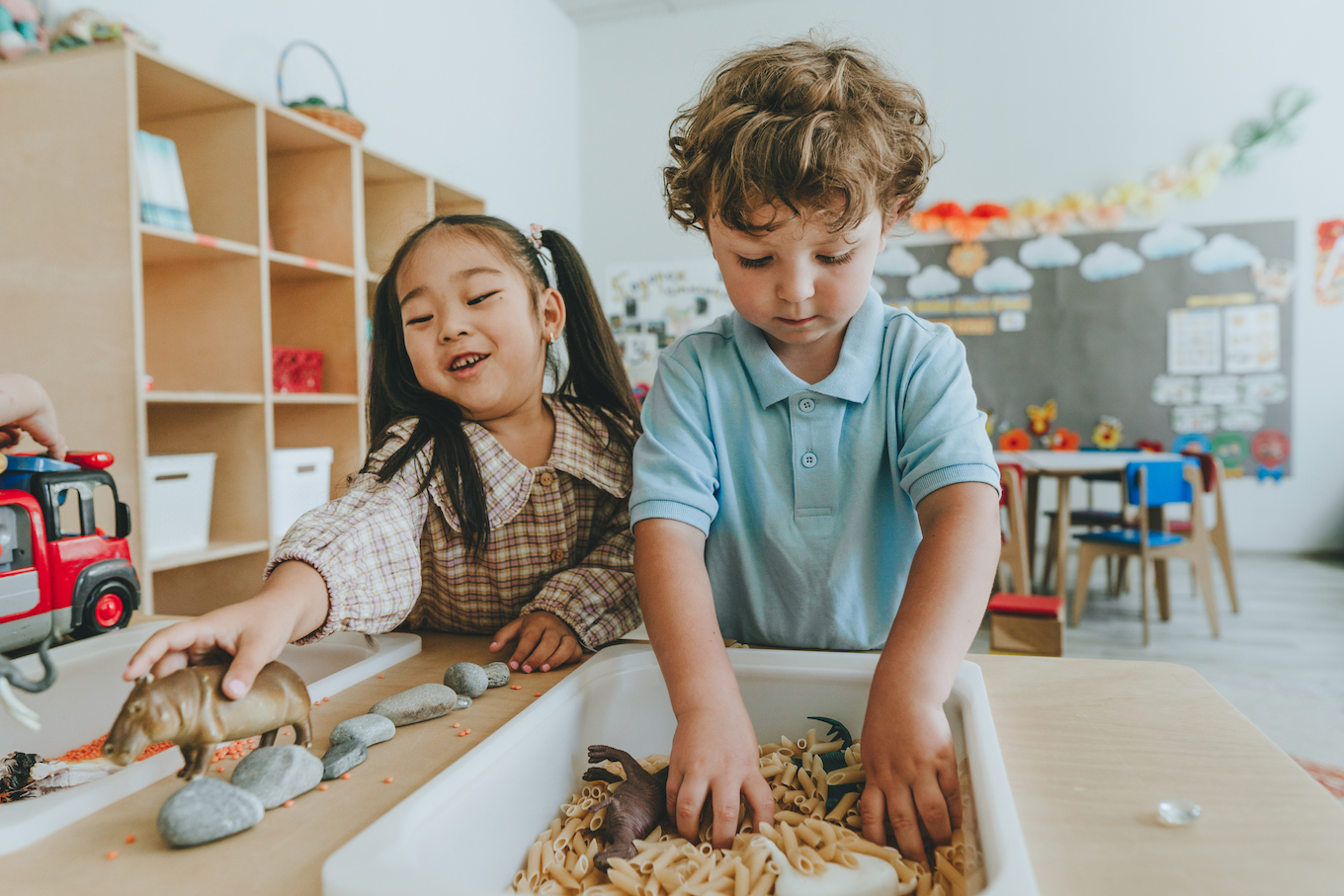
There's been a bit of a debate online recently about whether teachers should combine the supplies their students bring for communal use or if students should be in charge of their own items.
Kothe says it's hard to mandate any one scenario because each class is different, but she notes it's not uncommon for items such as scissors, glue sticks, or pencils to be shared amongst everybody. "All the kids would be like, 'Well, I want my scissors.' And I was like, 'Sorry, they're just everyone's scissors,'" she says.
It's a great lesson in sharing for the kids.
Save fancy supplies for home.
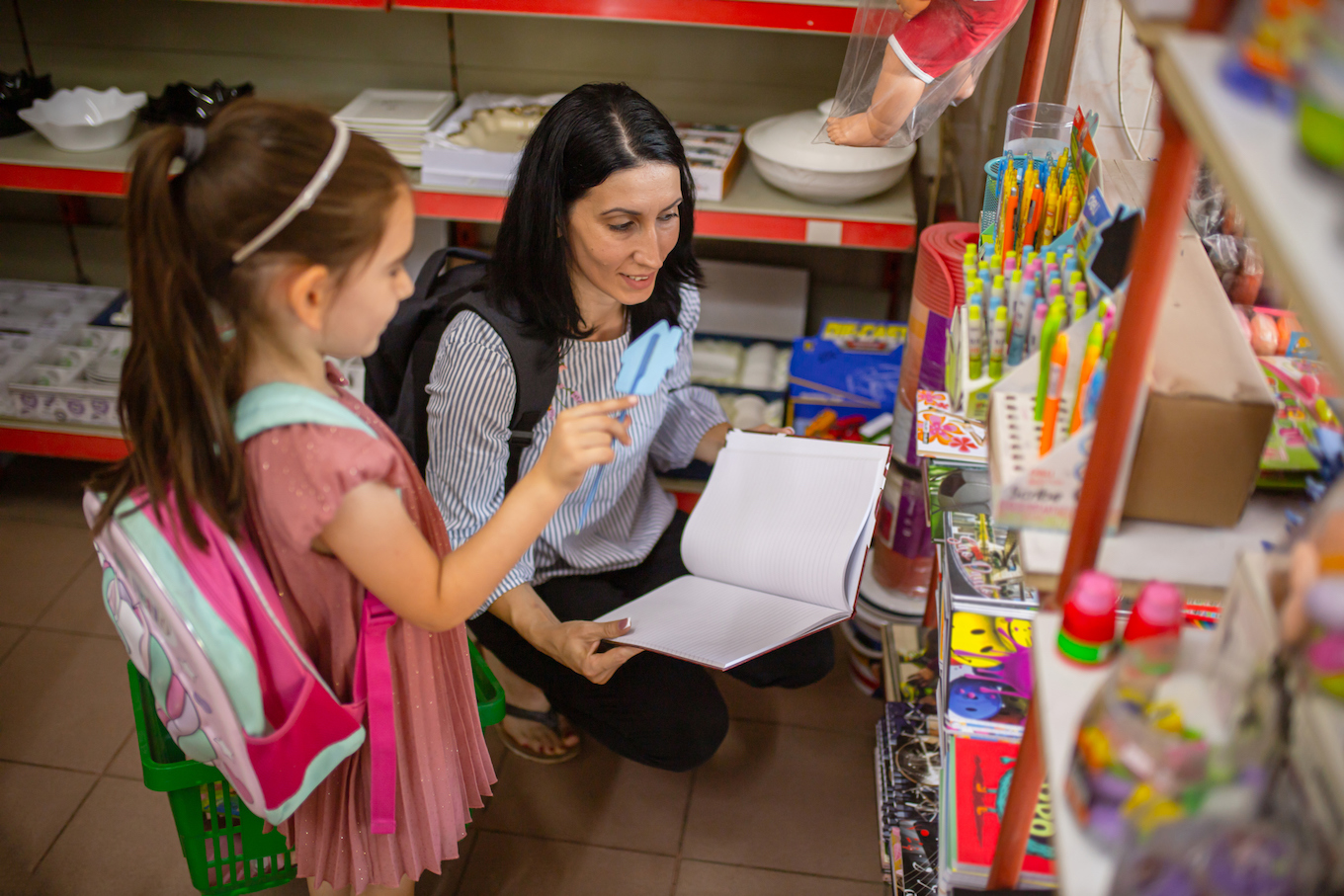
To avoid potential issues if the class does use communal supplies, it's probably best to leave any expensive or fancy supplies at home. Kothe says these types of items can get damaged or simply cause fights between children who don't have the same things. It's easier for everyone if parents limit more extravagant supplies to home use.
Look at the school's social media policy.
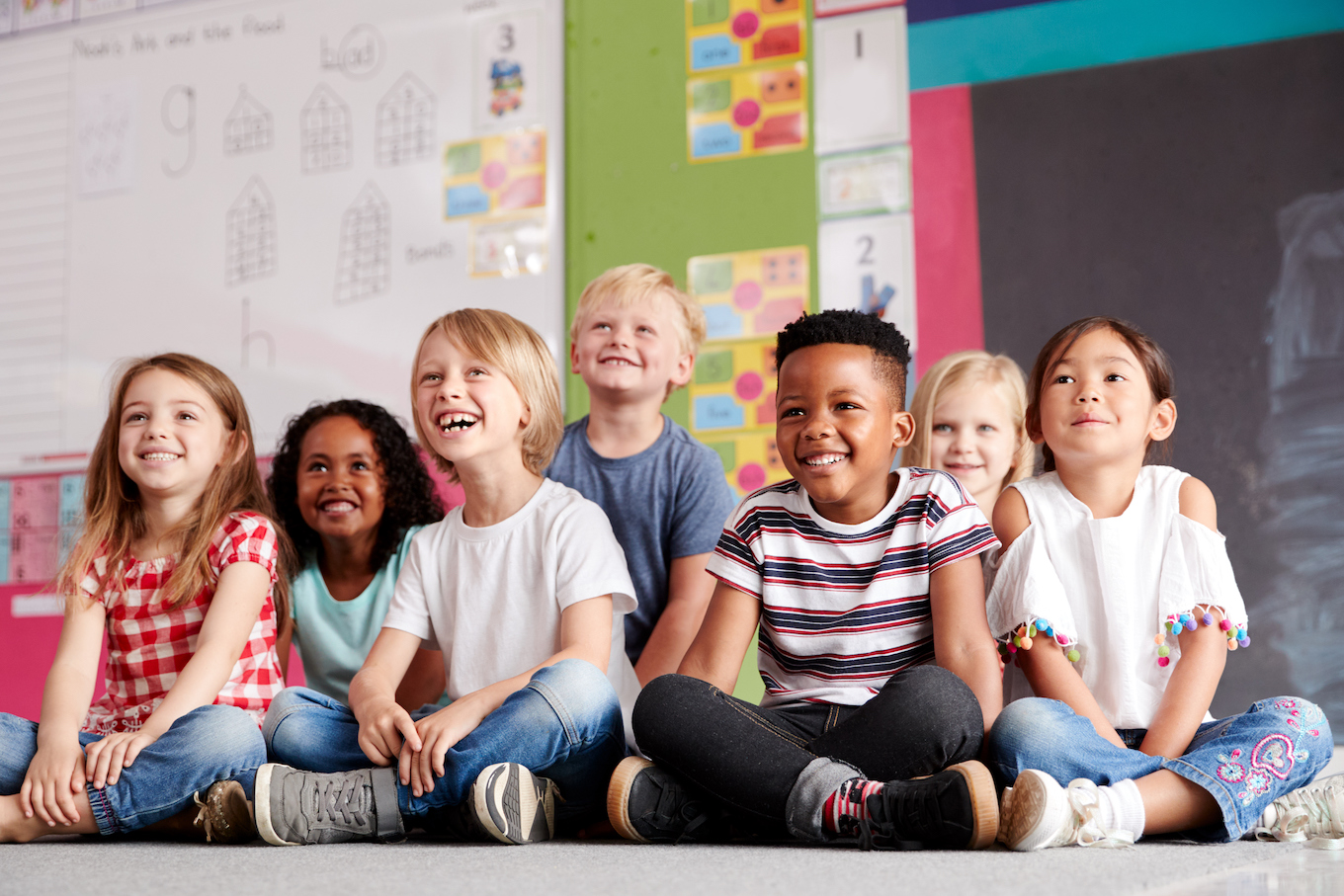
In today's social media age, it's important to know what sorts of content our kids might be featured in when they go to school. Sometimes it's as simple as the school wanting to take a picture of a class pizza party to put on their website, but there are also many teachers who post on TikTok or other social platforms and occasionally include their students in videos.
Kothe doesn't do that, but her school does send home a permission slip for parents to sign regarding the topic. She says that's an opportune time for parents to have that discussion. If it's something they strongly disagree with, they can let the teacher know.
The deal with fidget toys.
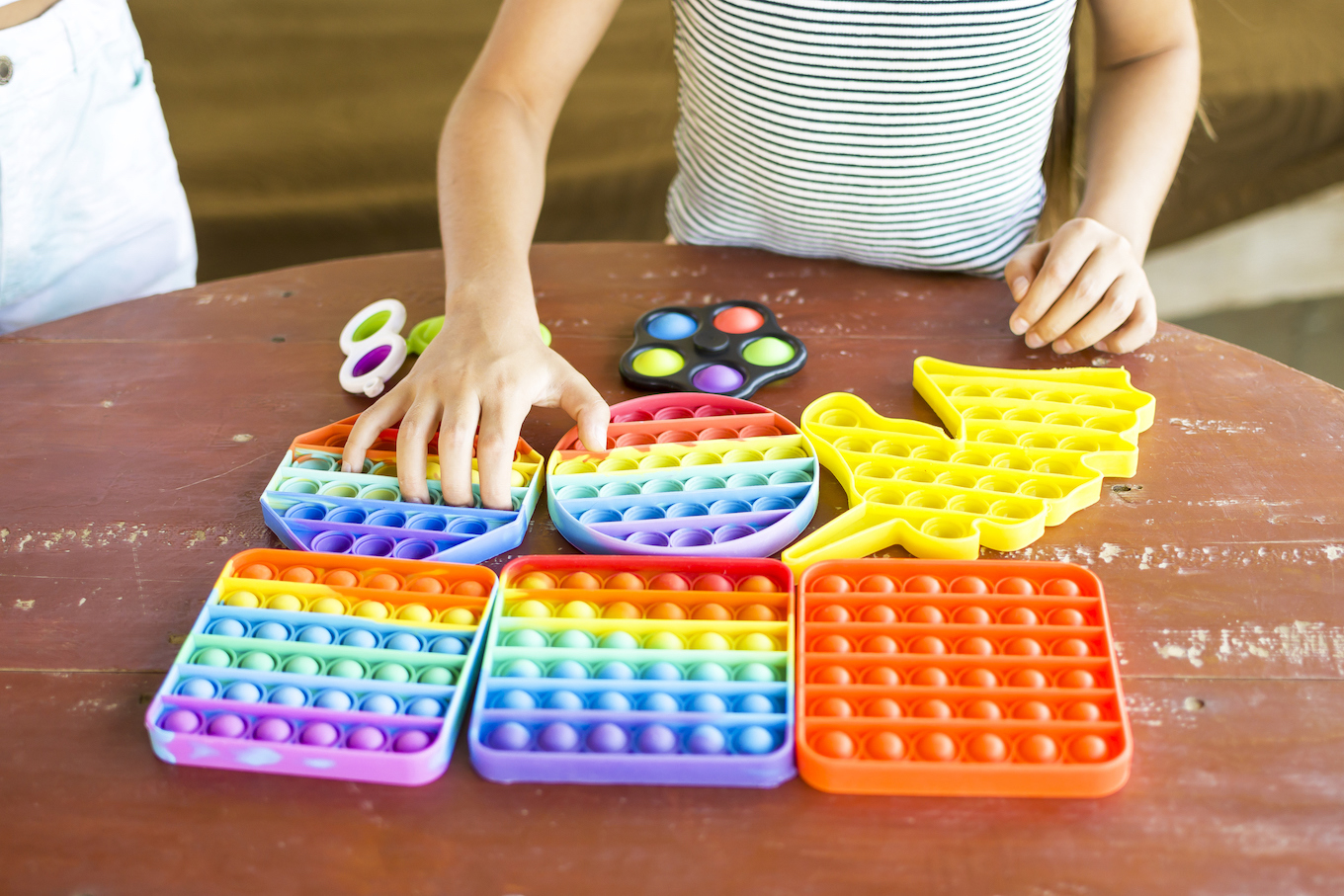
Fidget toys have become increasingly popular, but teachers may have different policies that parents should check before sending one with their kid. For her part, Kothe bases things on a per-need basis. She has available fidgets in her class calming corner, or if children brought some she would ask them to keep them put away until they had free time, she tells us.
Parents can check with their individual teacher for the policies, and they should warn children that if they become a distraction, the teacher may have to take them away until lunch or some other time. Prepare them for that possibility in advance to prevent issues later.
Teach accountability.
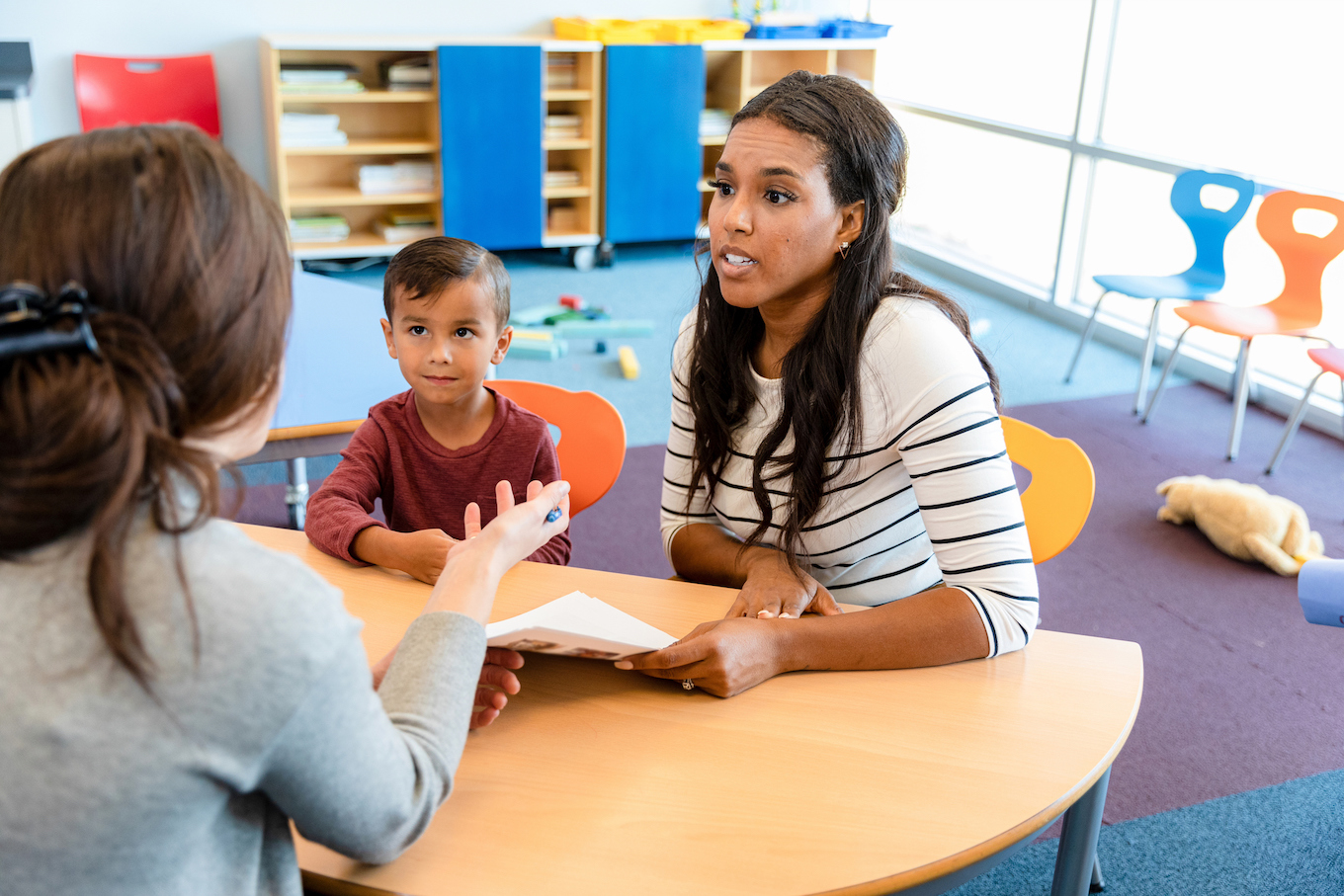
One of the biggest lessons Kothe hopes families can impart on their kids is the importance of accountability. For example, if they forget to bring something, she hopes the kids won't blame it on somebody else.
"They know the expectations. They know the routines. And it's the same at home as it is at school," she says. "We'll often say like, 'If your mom was sitting here, would you do that?' And they're always like, 'No.'"
Promote respect.
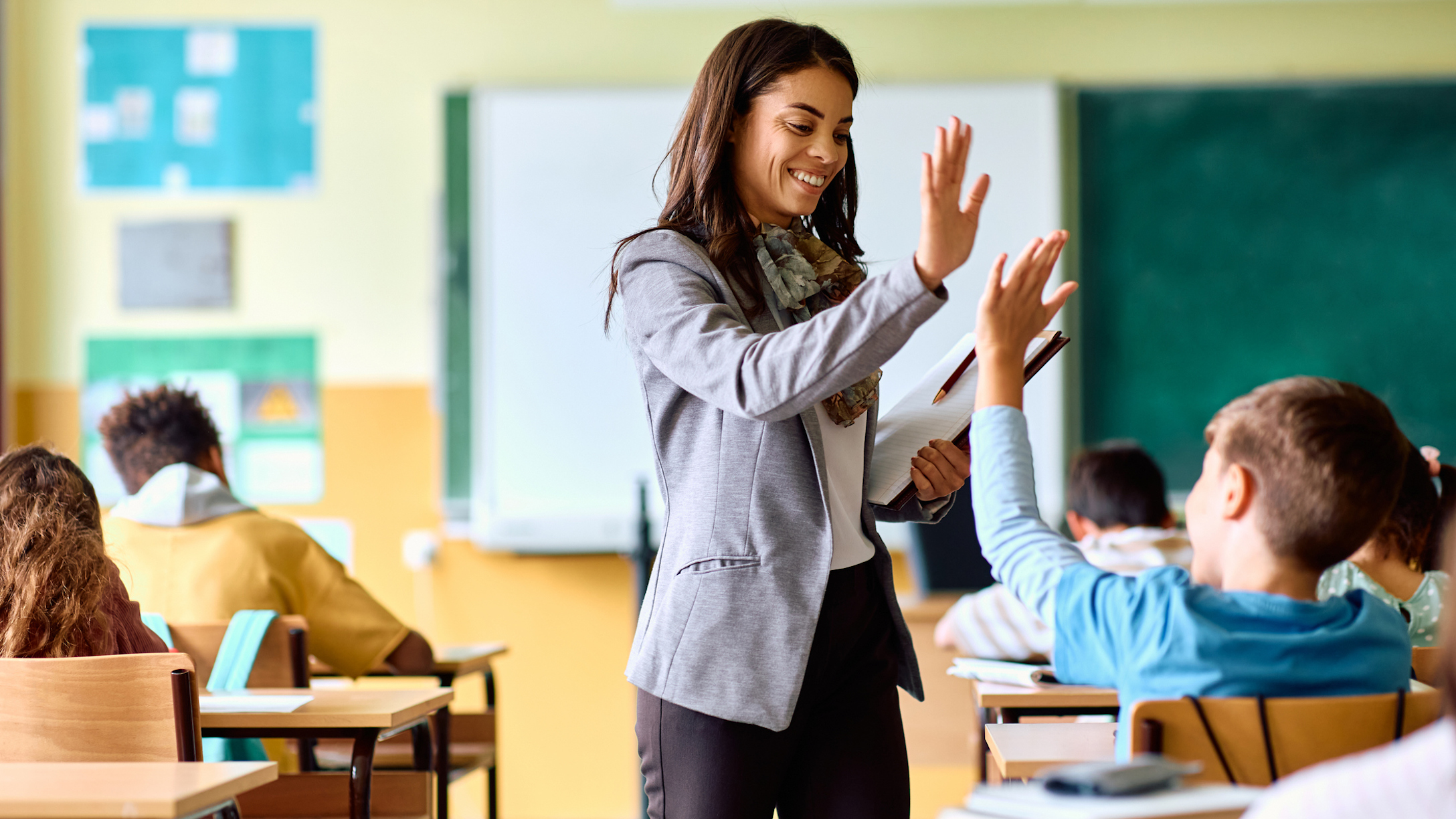
In addition to accountability, parents should encourage their child to treat their teacher with the same respect they have for Mom or Dad. "Just having that conversation of like, 'You're spending a lot of time here. Your teacher is basically like your parent at school. You need to be listening to what they have to say,'" Kothe advises.
Listen to the teacher.
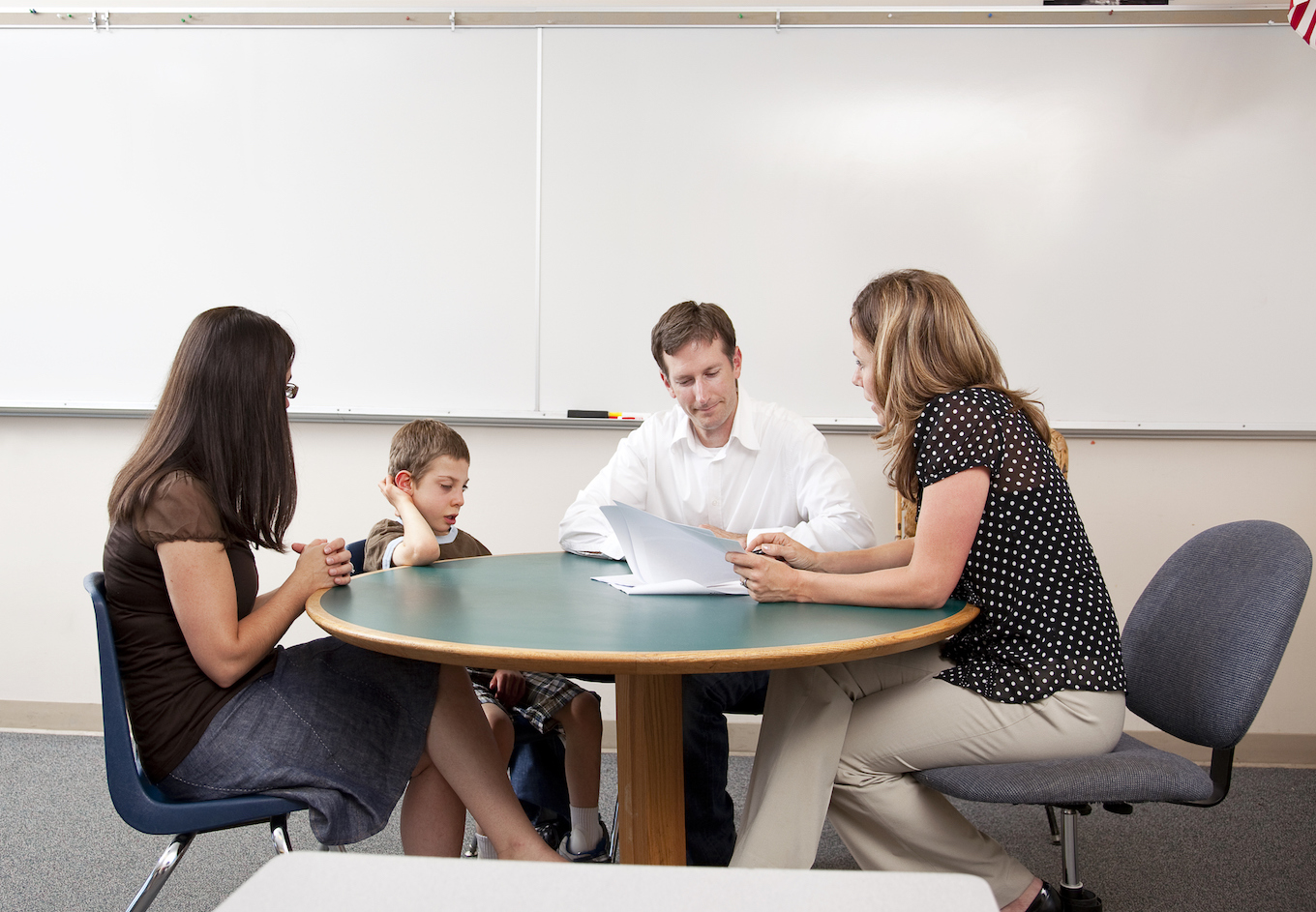
It's not just the kids that need to listen to the teacher; the parents need to as well. If the educator needs to contact a parent about a behavioral issue, for instance, Kothe hopes the parents will be accommodating. "I think the hardest thing is when you're like, 'This is going on,' and they're like, 'That would never happen.' We are not out here just making stuff up," she shares.
Teachers may see sides of our kids that we don't, but together we can work to address any issues that may arise. We're all on the same team in wanting our kid to flourish at school and at home.
Remind kids about proper hygiene.
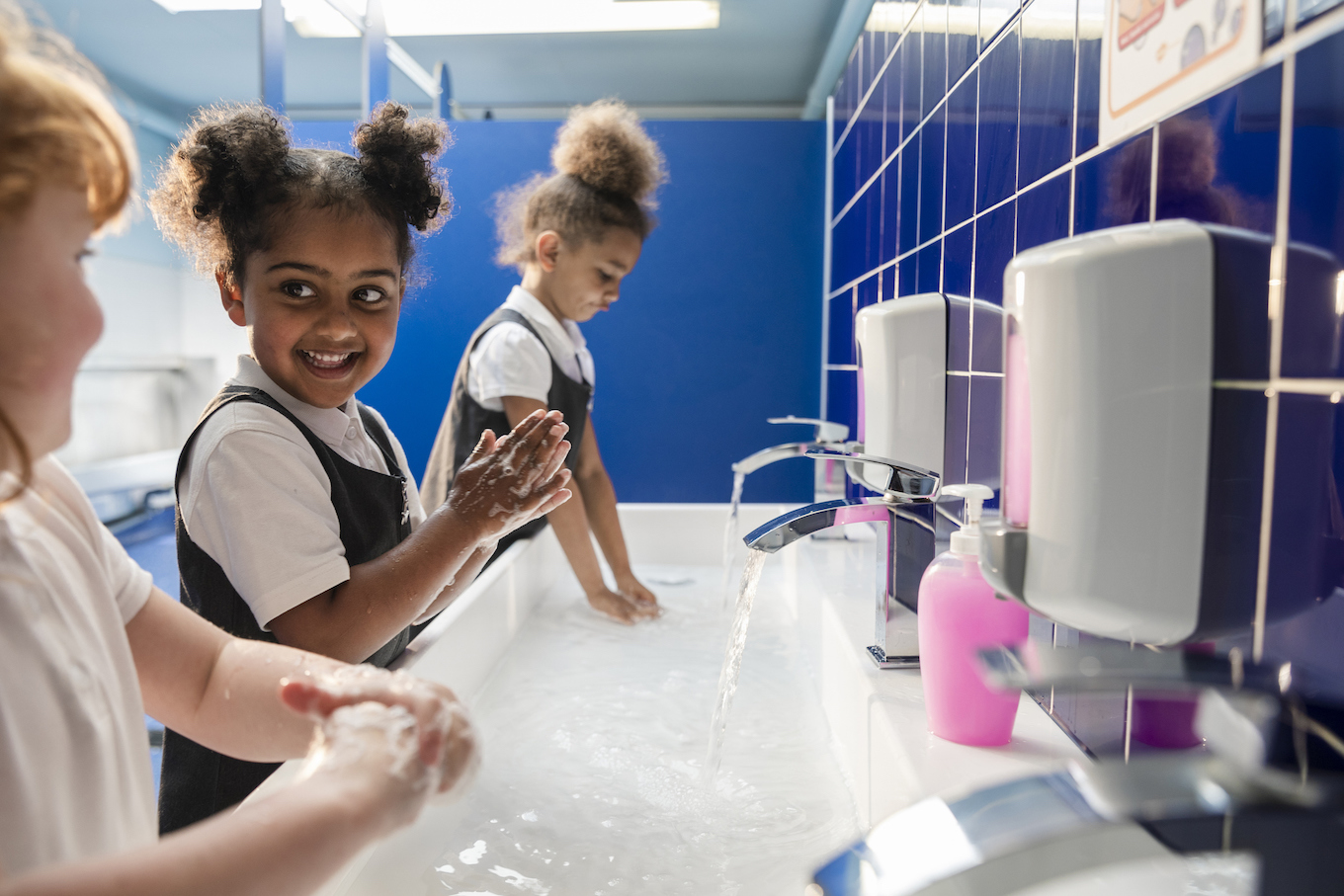
It's inevitable that elementary school kids will get each other sick, but cutting back on that as much as possible is key. Prior to returning to the classroom, have a hygiene refresher with kids about washing their hands, covering their mouth when they cough, and using hand sanitizer.
Kothe says kids can bring their own sanitizer with their supplies or classrooms likely have some to use.
Use similar language at home.
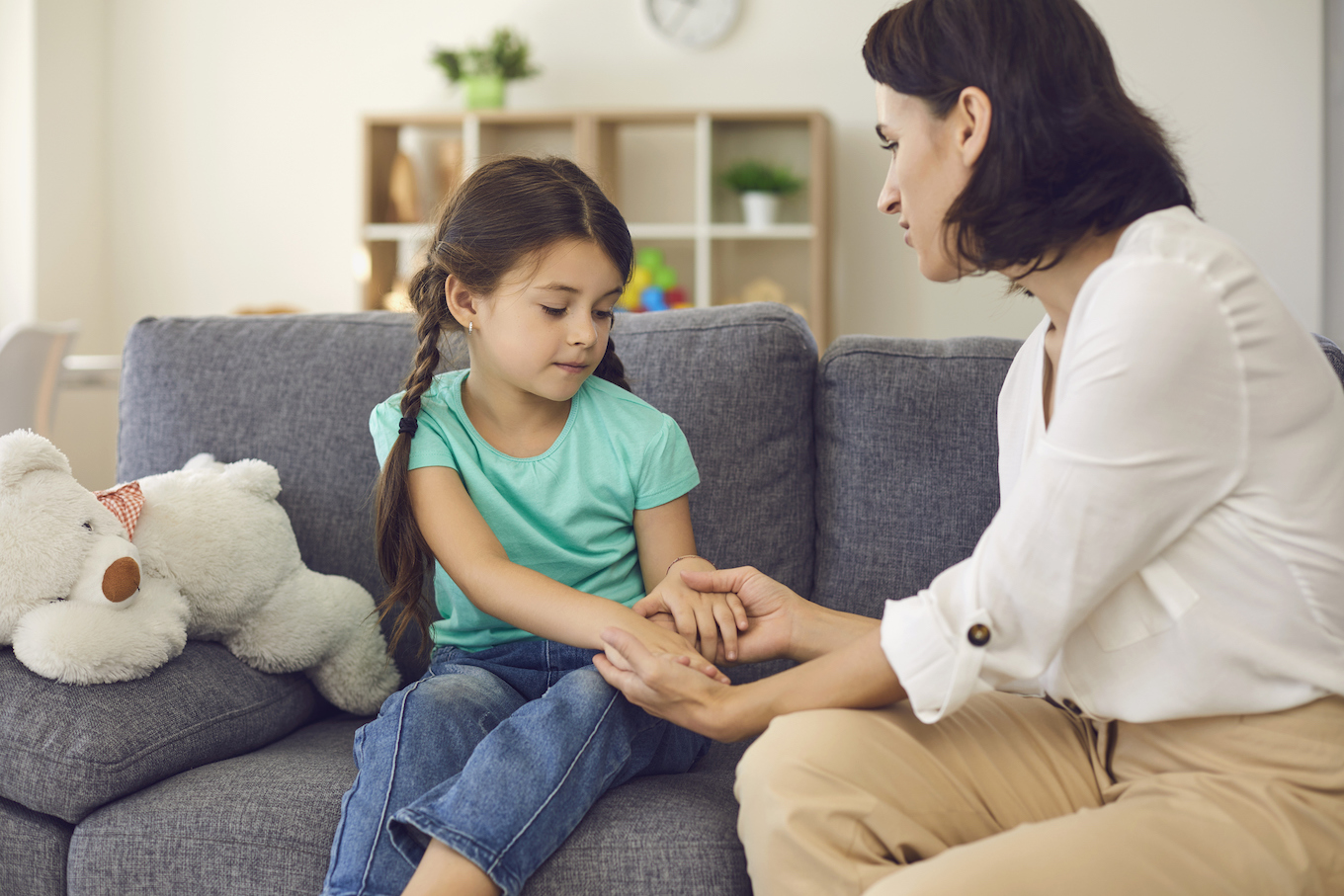
The first few days of school usually include going over any necessary drills (lockdown, fire, and so on). For kids who may have anxiety around that, Kothe recommends repeating the same type of language at home that the teacher may use. For lockdown drills, Kothe encourages her young students to be tiny, quiet bunnies, which is a practice parents can recreate at home.
We can reach out to our own kids' teachers to see how they discuss drills so we can talk to our kids about them similarly at home.
Ask the teacher what they need.
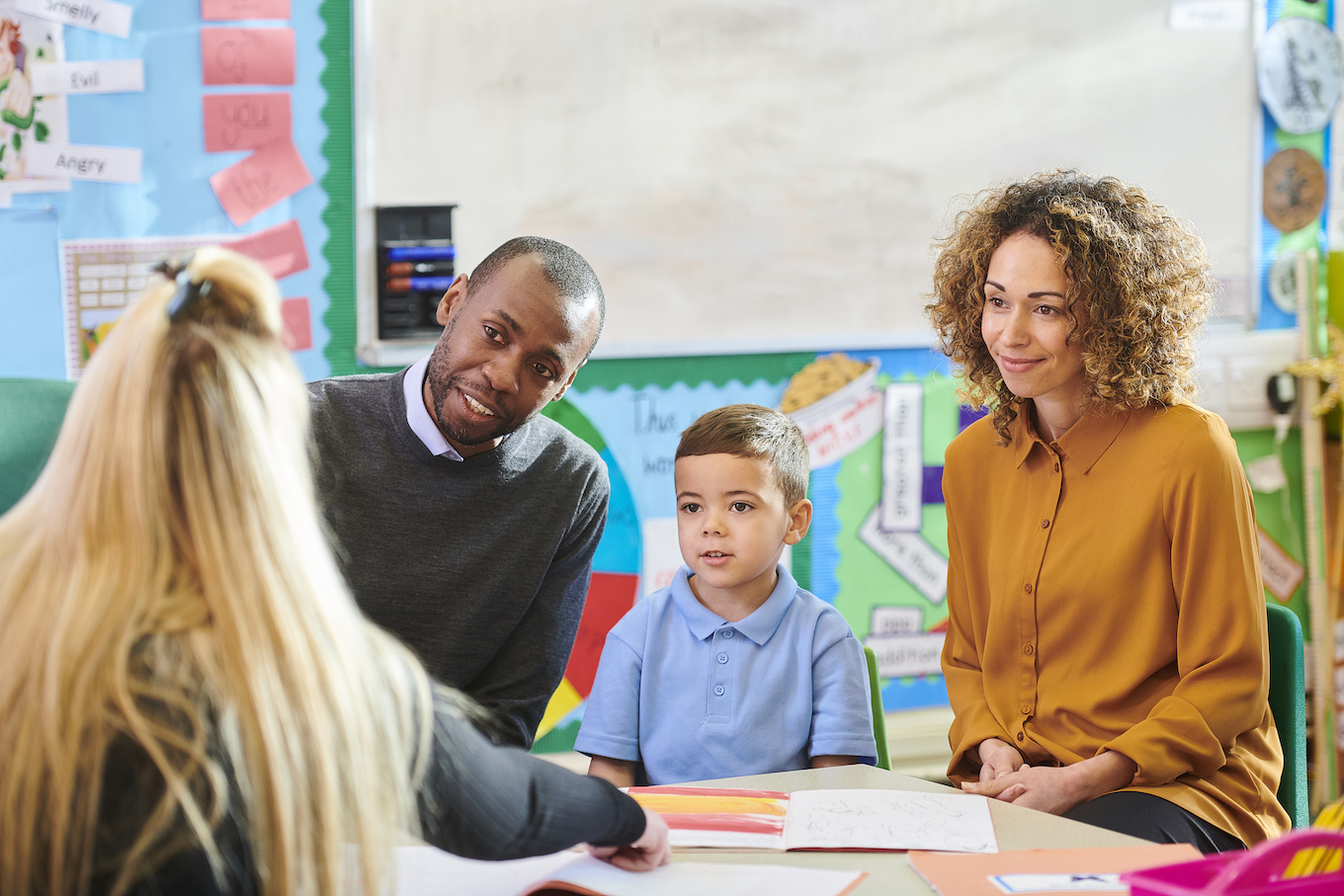
When it comes to helping out in the classroom or donating supplies, most teachers would be really appreciative of that. "We'll sometimes say, 'Oh we really need snacks today,'" Kothe tells CafeMom. "So just like if people are able to … just send in like, 'Here's some snacks or here's tissues, or here's hand sanitizer.'" She adds, "Just asking, 'What do you need? What can I help you do to make this class more successful?'"
Volunteering can be super helpful.
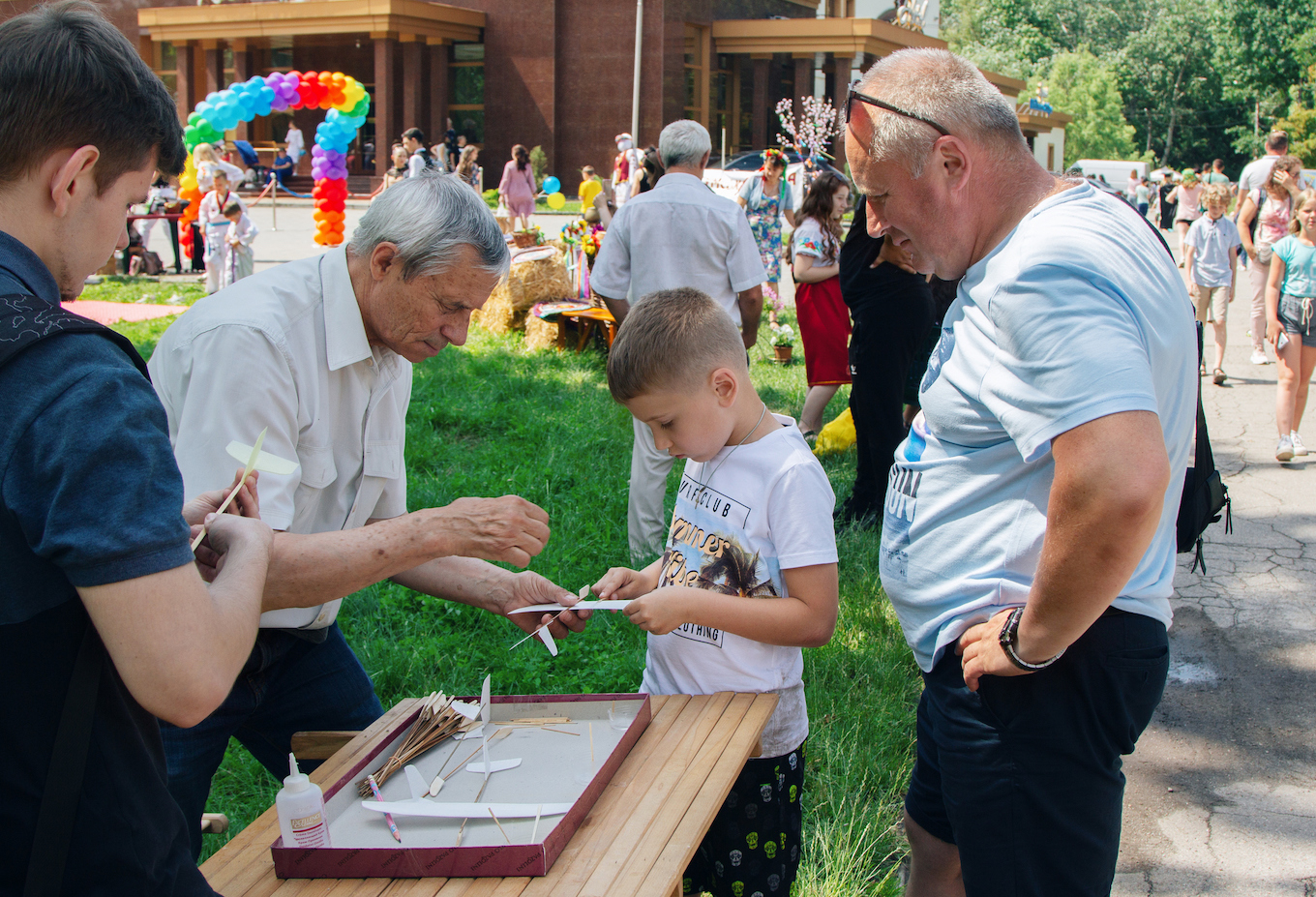
Parents who have time to volunteer in the classroom get an even better look at how their kids are learning. "It's fun if parents are able to come volunteer, 'cause it's nice to get to know them, and it's kind of good to see … what's going on," Kothe says. "They can kind of see their kids in action."
She adds that different teachers may feel differently about classroom participation, though, so it's best to ask and not assume.
Bonus tip: Keep kids safe online.
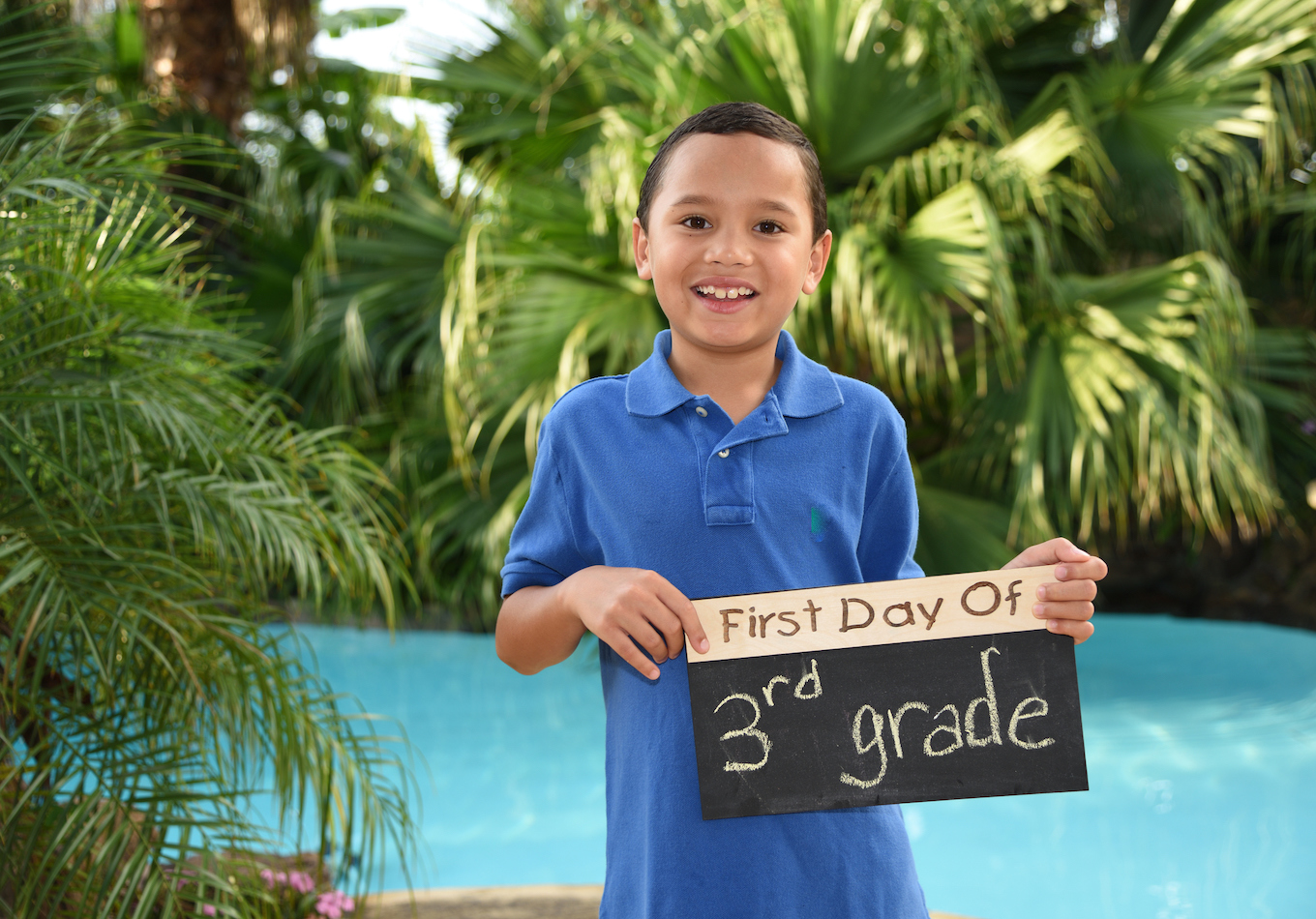
TikToker and former teacher @mrwilliamsprek gave one more really good back-to-school tip in a video for parents to keep in mind. He said those cute photos parents take of their child holding up a sign that shows their grade (and sometimes identifying details like the child's age, school, and even teacher's name) can be dangerous.
Instead of posting those images on social media where anyone can gain that important info, maybe keep them in the archives.

